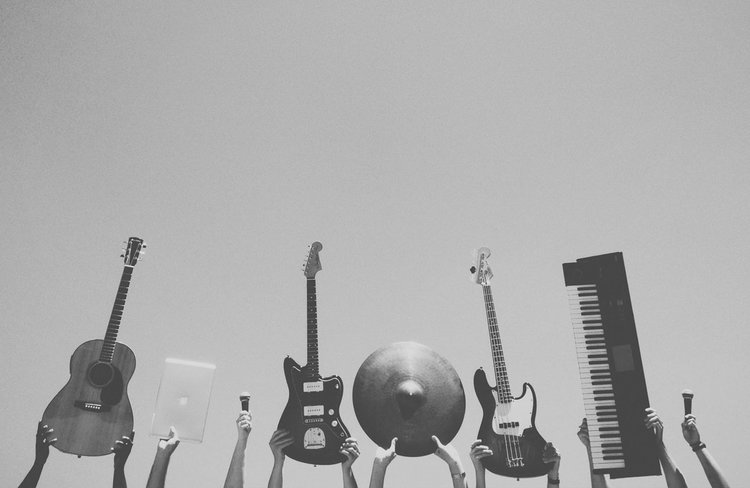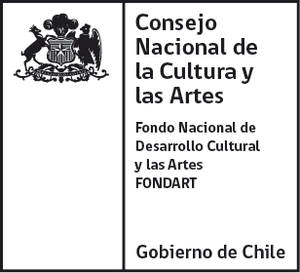ENGLISH VERSION
Social media influencers
in the “like” economy
How do musicians promote their creations through these platforms? How do musicians and their fans relate to each other through social media? How do labels circulate and promote national musical production through these platforms? What role do audiences play in the consumption and promotion of local artists’ musical production through these technological platforms?
This project has been funded by Chile’s National Music Fund (FONDART) and its aim is to study the practices and discourses of musicians, labels and audiences in the independent music scene in Santiago, Valparaíso and Concepción, in relation to different social media platforms (Facebook, Twitter, Instagram and YouTube). The purpose is to explore the role that digital technologies play – and their uses by musicians, labels and audiences- in the production and existence of the national musical industry.
We believe that it is relevant to explore and analyse the practices of audiences, labels and musicians in digital spaces that make the Internet a device in which culture produces markets in the cultural industry, especially for the development and understanding of the local cultural industry. Following previous work – and as contribution to the scarce literature available for the Chilean case (see Arriagada 2014)- this project intends to create a body of knowledge to understand the role that audiences, labels and musicians play in the production of markets in the music industry, given their relationship to digital technologies. The case study is the independent music scene in three regions in the country: Santiago, Valparaíso and Concepción. This is a qualitative ethnographic research project, aiming to explore the practices and discourses of musicians, labels and audiences inductively and these actors’ use of digital technologies in the circulation of the musical production as central processes in the generation of markets in the music industry.

This project comprises three stages
- First, interviewing a total of 10 key informants connected with the independent music scene in Santiago, Valparaíso and Concepción (journalists, musicians, independent labels’ owners). These interviews focus on understanding the field and the role that these technologies play in the circulation and consumption of the musical production by labels, musicians and audiences;
- The second stage includes 30 semi-structured interviews (10 per region) with audiences, musicians and executives from record labels. These interviews attempt to describe and analyse the practices and discourses of these actors in relation to their use of social media to spread, promote and consume the musical production in activities such as concerts and record releases;
- The third stage includes three case studies aimed to directly observe the role that digital technologies play in the practices of musicians, audiences and labels. This stage consists of following the processes of content production and distribution on online social media platforms like Facebook, Twitter, Instagram and YouTube on the ground during 2 months, and to conduct 18 semi-structured interviews in each case.
This project has been funded by Chile’s National Music Fund:



